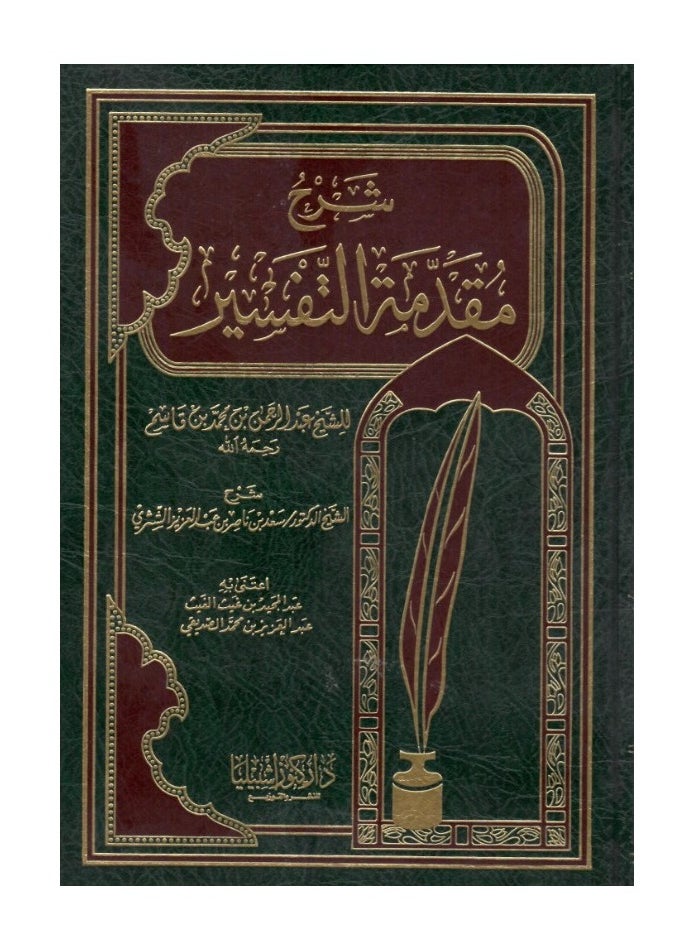1
Available Soon
Specifications
| Publisher | John Murray |
| ISBN 13 | 9781848549005 |
| ISBN 10 | 1848549008 |
| Book Subtitle | The Adventures Of Alexander von Humboldt, The Lost Hero Of Science |
| Book Description | Before Longitude no one remembered John Harrison. The Invention of Nature does the same for Alexander von Humboldt |
| Editorial Review | A big, magnificent, adventurous book - so vividly written and daringly researched - a geographical pilgrimage and an intellectual epic! Brilliant, surprising, and thought-provoking . . . a major achievement (RICHARD HOLMES, author of The Age of Wonder and Coleridge) A truly wonderful book . . . Andrea Wulf has told the tale with such brio, such understanding, such depth. The physical journeyings, all around South America when it was virtually terra incognita, are as exciting as the journeys of Humboldt's mind into astronomy, literature, philosophy and every known branch of science. This is one of the most exciting intellectual biographies I have ever read, up there with Lewes's Goethe and Ray Monk's Wittgenstein (A N Wilson) Andrea Wulf's marvellous book should put this captivating eighteenth century German scientist, traveller and opinion-shaper back at the heart of the way we look at the world . . . irresistible and consistently absorbing life of a man whose discoveries have shaped the way we see (MIRANDA SEYMOUR, author of Noble Endeavours: A History of England and Germany) Andrea Wulf is a writer of rare sensibilities and passionate fascinations. I always trust her to take me on unforgettable journeys through amazing histories of botanical exploration and scientific unfolding. Her work is wonderful, her language sublime, her intelligence unflagging (ELIZABETH GILBERT, author of The Signature of All Things and Eat, Pray, Love) Engrossing . . . Wulf successfully combines biography with an intoxicating history of his times (Kirkus) Extraordinary, and often still sadly relevant too (Wanderlust) The phrase 'lost hero of science' in the subtitle of [Wulf's] book is no exaggeration . . . A big book about a big subject, written with scholarship and enthusiasm (Irish Examiner) In her coruscating account, historian Andrea Wulf reveals an indefatigable adept of close observation with a gift for the long view (Nature) [A] gripping study . . . No one who reads this brilliant book is likely to forget Humboldt (New Scientist) |
| About the Author | Andrea Wulf was born in India, moved to Germany as a child, and now lives in England. She is the author of several acclaimed books. The Brother Gardeners won the American Horticultural Society Book Award and was long-listed for the Samuel Johnson Prize. Her book Founding Gardeners was on the New York Times bestseller list. Andrea has written for many newspapers including the Guardian, LA Times and New York Times. She was the Eccles British Library Writer in Residence 2013 and a three-time fellow of the International Center for Jefferson Studies at Monticello. She appears regularly on TV and radio. |
| Language | English |
| Format | Paperback |
| Author | Andrea Wulf |
| Language | English |
| Edition Number | 1 |
| Publication Date | 42453 |
| Number of Pages | 496 |
The Invention Of Nature Paperback English by Andrea Wulf - 42453
Added to cart
Cart Total SAR 0.00




























































































































